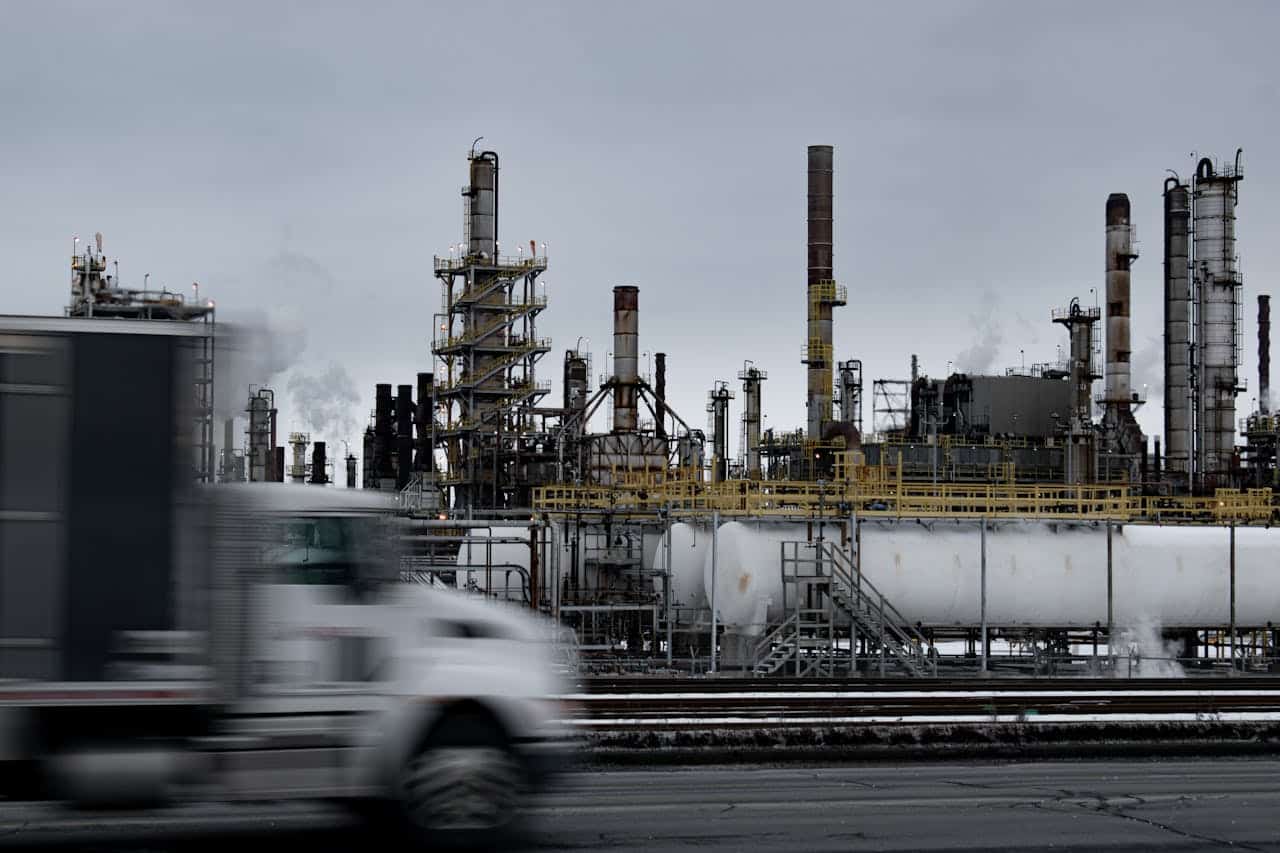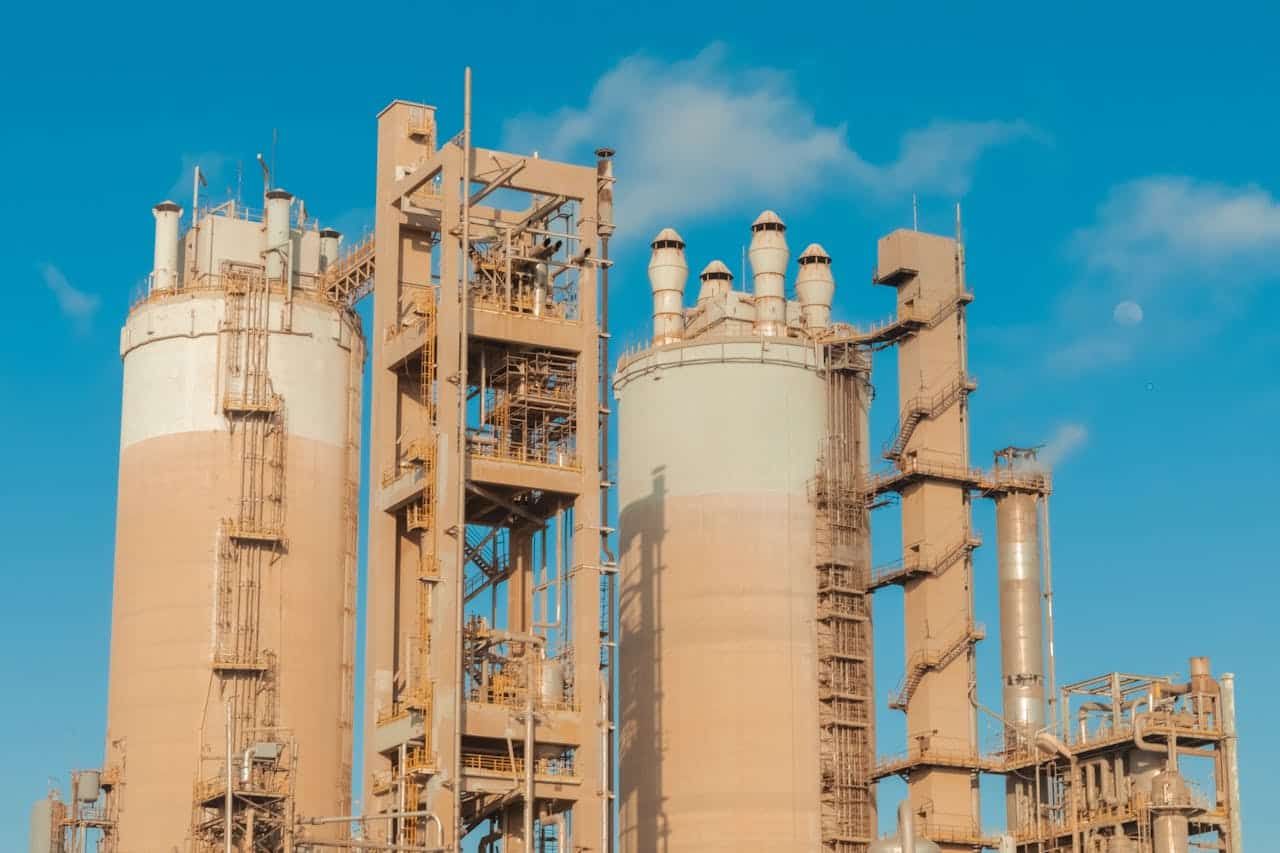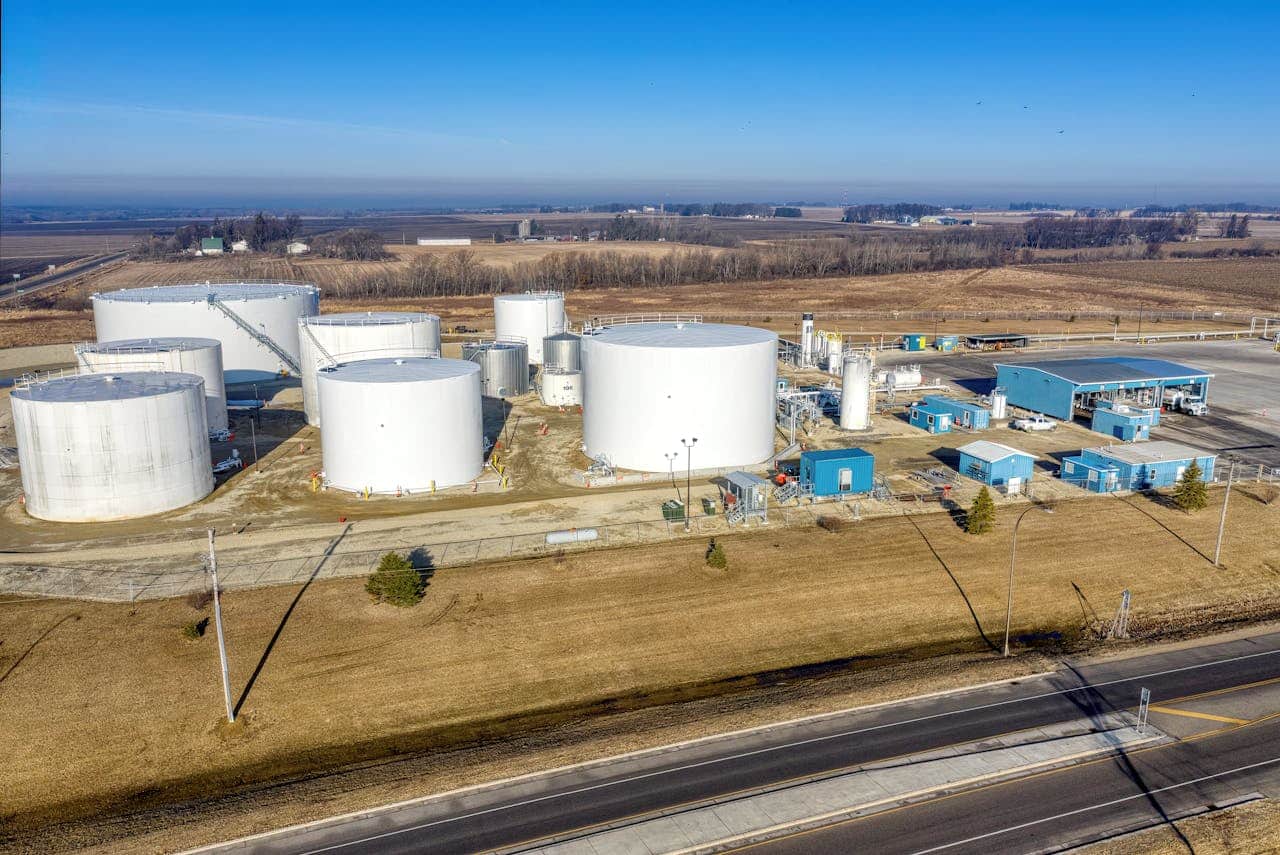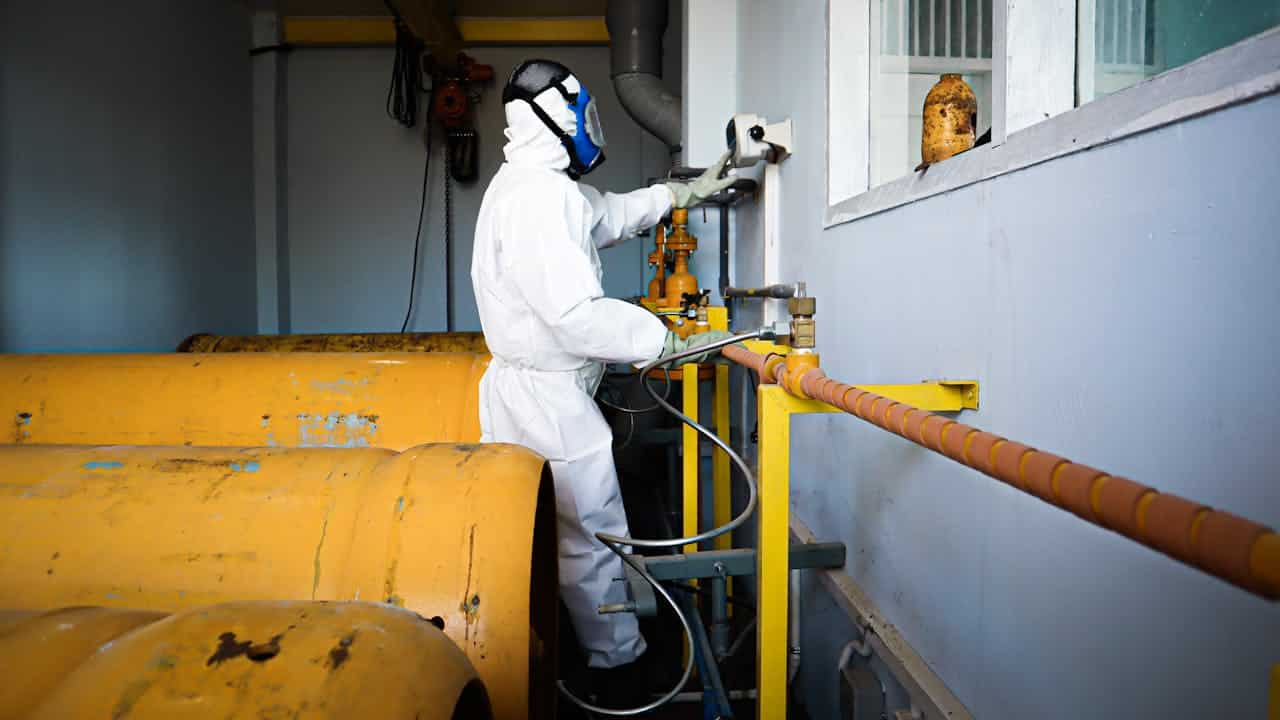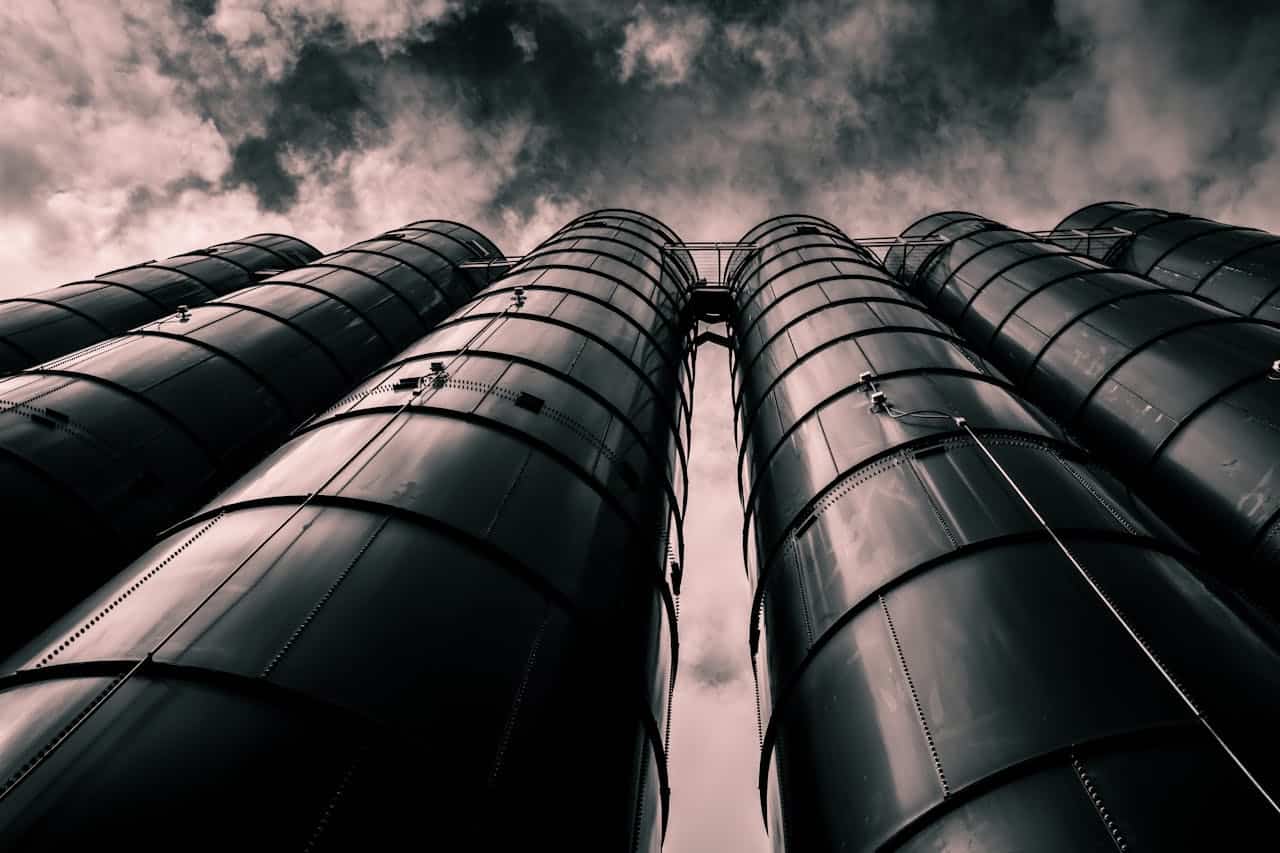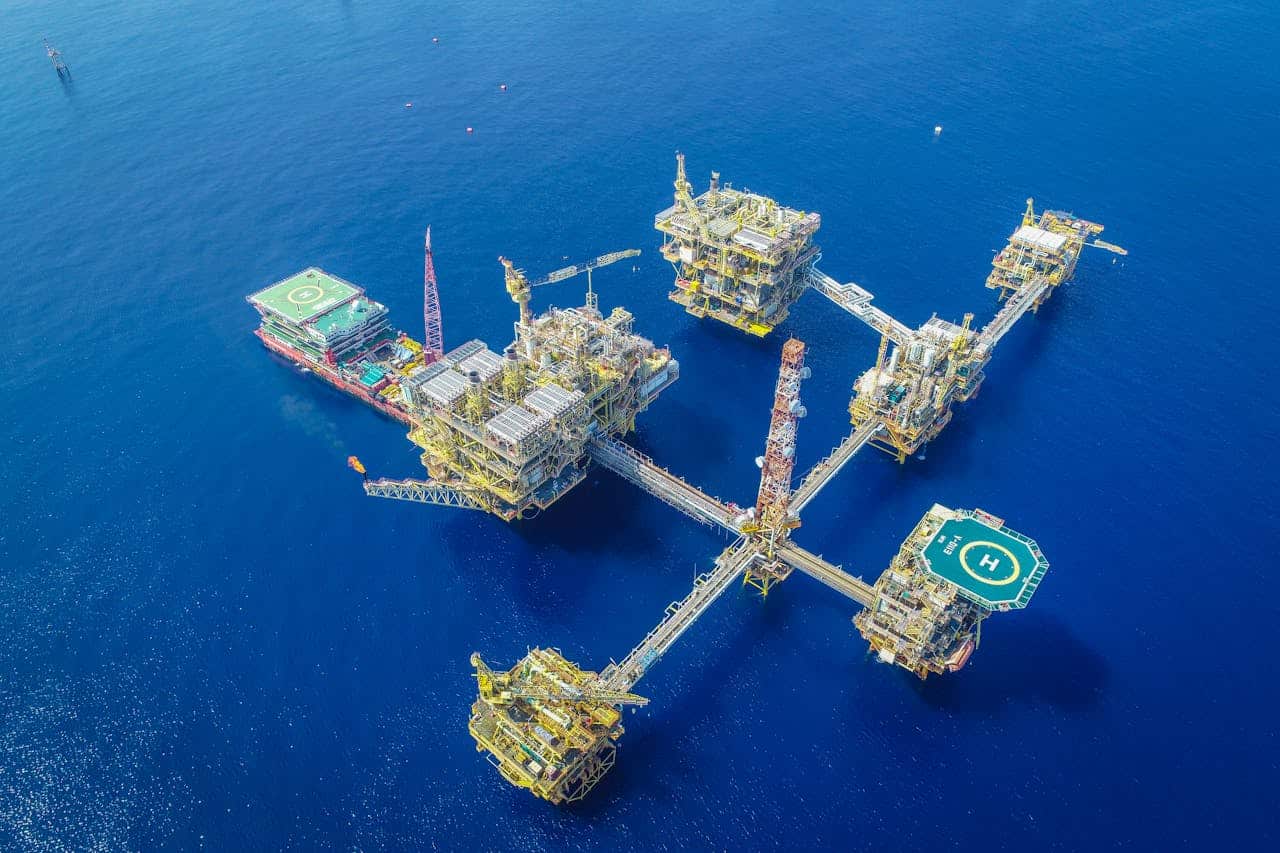LNG Plant Safety
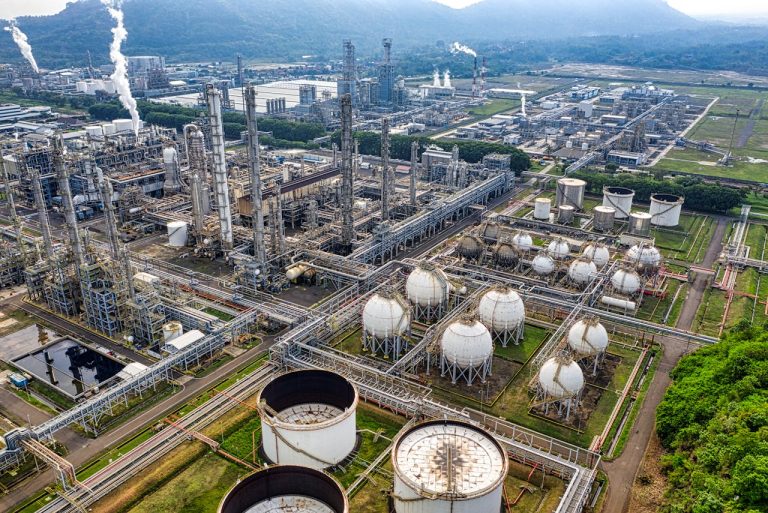
| Date | Format | Duration | Fees (USD) | Register |
|---|---|---|---|---|
| 24 Nov - 26 Nov, 2025 | Live Online | 3 Days | $2625 | Register → |
| 15 Dec - 19 Dec, 2025 | Live Online | 5 Days | $3785 | Register → |
| Date | Venue | Duration | Fees (USD) | Register |
|---|---|---|---|---|
| 12 Nov - 14 Nov, 2025 | London | 3 Days | $5075 | Register → |
| 01 Dec - 05 Dec, 2025 | Dubai | 5 Days | $5775 | Register → |
Did you know that an incident at an LNG plant can result in infrastructure expenses and lost revenue exceeding $500 million? This compelling statistic underscores the critical importance of Process Safety Management (PSM) and comprehensive risk mitigation strategies in LNG facilities.
Course Overview
The LNG Plant Safety course by Alpha Learning Centre is meticulously designed to equip professionals with essential skills in hazard mitigation, emergency response planning, and application of international safety standards in LNG facilities. This course focuses on Process Safety Management (PSM) for Highly Hazardous Chemicals (HHC), Department of Transportation (DOT) regulations, and Pipeline and Hazardous Materials Safety Administration (PHMSA) guidelines to ensure participants can effectively navigate the complex safety landscape of LNG operations.
Why Select This Training Course?
Selecting this LNG Plant Safety Course offers numerous advantages for professionals involved in the siting, design, construction, operation, and maintenance of LNG facilities. Participants will gain advanced knowledge of fire and vapor suppression systems, gas detectors, temperature sensors, and emergency shutdown devices. The course provides hands-on experience with state-of-the-art simulation tools and practical equipment demonstrations, enabling attendees to optimise their safety strategies effectively.
For organisations, investing in this training enhances overall operational safety and reduces risks associated with LNG operations. By ensuring that personnel are well-trained in safety protocols and National Fire Protection Association (NFPA) standards, organisations not only protect their assets but also build sustainable practices. Research shows that companies implementing comprehensive safety strategies can achieve significant improvements in both operational reliability and environmental compliance. For instance, comprehensive safety procedures have reduced accident rates by up to 35%, benefiting both personnel and infrastructure.
Individuals who complete this course will benefit from enhanced career prospects as they become more valuable assets in their respective fields. The skills acquired through this training can lead to professional growth and increased responsibilities within their organisations. Studies indicate that with advanced safety measures, LNG facilities can significantly reduce accident rates and improve incident response times.
Transform your LNG operations capabilities – Register now for this critical advanced training programme.
Who is this Training Course for?
This course is suitable for:
- Safety officers and managers in LNG facilities.
- Engineers and technicians involved in LNG operations.
- Operations staff in LNG liquefaction or regasification plants.
- Emergency response teams at LNG sites.
- Regulatory compliance professionals in the energy sector.
What are the Training Goals?
The objectives of this training course are to enable professionals to:
- To master the safety protocols specific to LNG plants.
- To utilise modern technology to enhance safety measures.
- To prepare for and manage potential hazards in LNG operations.
- To ensure compliance with international safety standards and regulations.
How will this Training Course be Presented?
The LNG Plant Safety Course employs a comprehensive and innovative approach to ensure maximum knowledge retention and skill development. Expert-led instruction from seasoned industry professionals forms the core of the course, providing up-to-date insights into modern LNG safety technologies and practical applications for today’s energy sector.
The course utilises a blend of theoretical lectures and practical applications, allowing participants to apply their knowledge to realistic scenarios. Advanced educational methodologies create a personalised and engaging learning journey through:
- Interactive online sessions with safety experts
- Practical workshops using simulation software for emergency scenarios
- Live demonstrations of safety equipment and procedures
- Interactive discussions on safety management strategies
- Access to a comprehensive digital library of safety guidelines and resources
Join us now and elevate your LNG plant safety expertise to new heights!
Course Syllabus
Module 1: LNG Plant Hazards and Risk Assessment
- Understanding cryogenic hazards in LNG plants.
- Identifying potential sources of LNG leaks or spills.
- Risk assessment methodologies for LNG operations.
- Fire and explosion hazards in LNG environments.
- Hazards from pressure and temperature variations.
- Material compatibility in LNG systems.
- Vapour dispersion and its safety implications.
- Preventing and managing rollover in LNG tanks.
- The impact of human factors on safety.
- Emergency shutdown systems in LNG plants.
- Safety in LNG transfer and loading operations.
- Safety considerations in plant design and construction.
Module 2: Safety Management Systems
- Developing a comprehensive safety management system.
- Compliance with ISO 45001 and other safety standards.
- Safety culture development in LNG environments.
- Operational risk management for LNG processes.
- Safety audits and continuous improvement.
- Incident investigation and root cause analysis.
- Training programs for safety awareness and response.
- Communication protocols during safety incidents.
- Safety performance metrics and KPIs.
- Integration of safety with operational procedures.
Module 3: Protective Equipment and Technologies
- Selection and use of personal protective equipment (PPE).
- Cryogenic gloves, suits, and face shields for LNG.
- Fire protection systems tailored for LNG plants.
- Gas detection systems for LNG facilities.
- Use of drones for safety inspections and maintenance.
- IoT for real-time safety monitoring.
- Emergency response equipment for LNG incidents.
- Safety valves and relief systems in LNG plants.
- Technology for preventing LNG stratification.
- Maintenance of safety-critical equipment.
Module 4: Process Safety in LNG Operations
- Safety in LNG liquefaction processes.
- Safe practices for LNG storage and containment.
- Managing boil-off gas in LNG operations.
- Safety during regasification and send-out.
- Procedures for managing overpressure events.
- Control of hazardous energy in LNG plants.
- Safety in handling LNG impurities and contaminants.
- Preventing and managing cold embrittlement.
- Safety interlocks and control systems.
- Process design to minimise safety risks.
- Operational procedures for safe plant start-up and shutdown.
- Safety considerations in maintenance activities.
Module 5: Emergency Preparedness and Response
- Developing an effective emergency response plan.
- Coordination with external emergency services.
- Training for LNG spill response teams.
- Fire fighting in LNG environments.
- Evacuation procedures for LNG facilities.
- Medical response to cryogenic injuries.
- Simulation exercises for emergency scenarios.
- Communication strategies during crises.
- Post-incident recovery and learning processes.
- Drills for various emergency conditions.
Module 6: Regulatory Compliance and Safety Standards
- Navigating global LNG safety regulations.
- Compliance with OSHA, NFPA, and other bodies.
- Understanding the Seveso III Directive for LNG.
- Documentation for regulatory audits.
- Legal implications of safety non-compliance.
- Environmental compliance in LNG operations.
- Safety reporting and documentation requirements.
- Certification and training for safety personnel.
- Continuous compliance monitoring.
- Adapting to new safety legislation.
Module 7: Human Factors in LNG Safety
- Ergonomics in LNG plant operations.
- Fatigue management for shift workers.
- Behaviour-based safety in LNG environments.
- Leadership in fostering a safety mindset.
- Psychological safety in high-risk operations.
- Training for hazard recognition and avoidance.
- Managing contractor safety in LNG plants.
- Promoting team safety accountability.
- Safety communication and cultural integration.
- Human error prevention strategies.
Module 8: Cryogenic Safety
- Understanding cryogenic properties of LNG.
- Safe handling of cryogenic liquids.
- Preventing cryogenic burns and frostbite.
- Safety in cryogenic storage and transport.
- Cryogenic valve and piping systems.
- Insulation and material selection for cold service.
- Cold work hazards and controls.
- Safe venting practices for cryogenic gases.
- Emergency procedures for cryogenic incidents.
Module 9: Safety in LNG Transport and Shipping
- Safety protocols for LNG carriers.
- Managing boil-off gas during transport.
- Safety in port operations for LNG.
- Emergency response for ship-to-shore transfers.
- Safety in bunkering operations.
- Compliance with maritime safety regulations.
- Training for maritime crew on LNG safety.
- Safety considerations for FSRU and FLNG.
- Handling of LNG in adverse weather conditions.
Module 10: Gas Detection and Monitoring
- Selection of gas detection technologies.
- Calibration and maintenance of gas detectors.
- Alarm systems for gas detection in LNG facilities.
- Monitoring for methane leaks.
- Integration of gas sensors with control systems.
- Use of AI for predictive gas leak detection.
- Portable vs. fixed gas detection systems.
- Responding to gas detection alarms.
- Ensuring the reliability of gas monitoring equipment.
- Continuous improvement in gas detection strategies.
Training Impact
The impact of LNG plant safety training is evident through various real-world case studies and data, which demonstrate the effectiveness of structured programmes in enhancing operational efficiency and reducing risks.
Research indicates that organisations implementing structured LNG safety training programmes have demonstrated measurable benefits in both operational performance and cost reduction. A case study from the Freeport LNG Facility in Texas showed that deficiencies in valve testing procedures led to a major explosion, resulting in damages exceeding $400 million. Similarly, the Skikda LNG Plant explosion caused $900 million in losses due to inadequate hazard detection systems. These incidents highlight the importance of rigorous training programmes to prevent such catastrophic failures.
These case studies highlight the tangible benefits of implementing advanced LNG plant safety techniques:
- Improved hazard detection and prevention
- Reduced accident rates through comprehensive risk management strategies
- Increased compliance with international safety standards
- Strengthened emergency response capabilities for LNG facilities
By investing in this advanced training, organisations can expect to see:
- Significant improvement in LNG plant safety performance indicators
- Improved ability to handle complex safety challenges in LNG operations
- Enhanced decision-making capabilities in risk management
- Increased competitiveness through comprehensive LNG safety strategies
Transform your career and organisational performance – Enrol now to master LNG Plant Safety!

